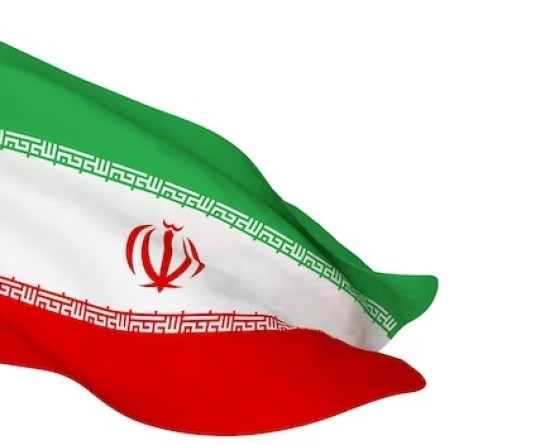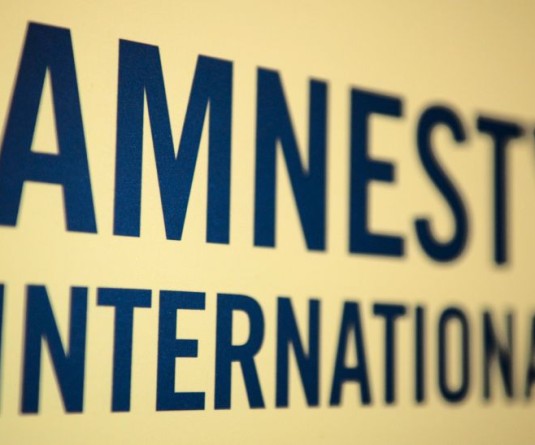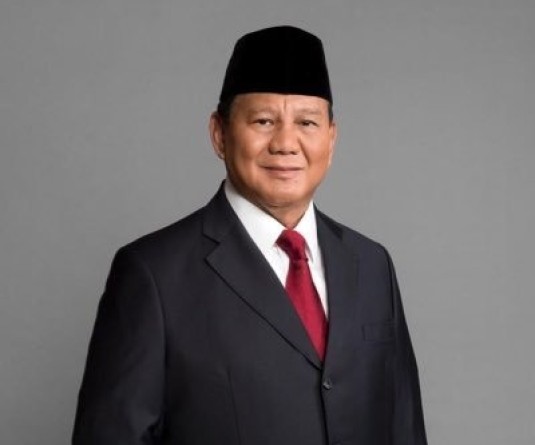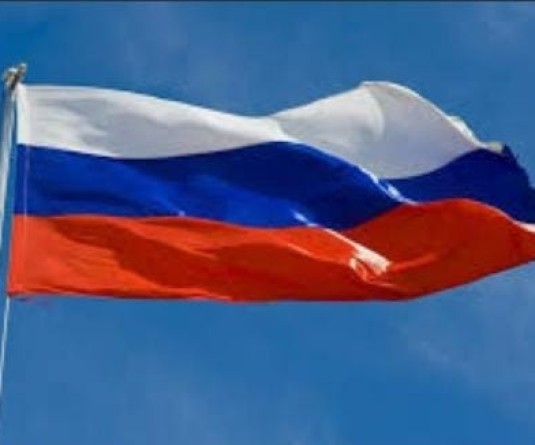Maltese tycoon charged over murder of journalist
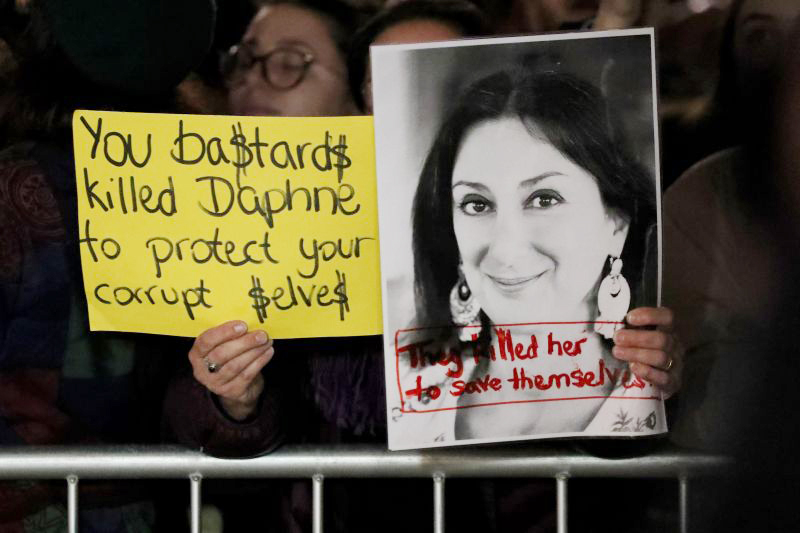
Demonstrators protest outside Malta's House of Parliament in Valletta, Malta on November 26, 2019. (EPA-EFE File Photo)
Rome, December 1 (EFE): A Maltese businessman has been charged with complicity in the murder of well-known investigative journalist Daphne Caruana Galizia in 2017.
Judge Audrey Demicoli charged tycoon Yorgen Fenech late Saturday with: participating in a criminal organisation, complicity in causing an explosion, and complicity in the murder of Caruana Galizia.
The 38-year-old has pleaded not guilty, is being held in custody, and has had his assets frozen.
Malta is in the midst of a political earthquake following the recent developments of the Caruana murder investigation.
The investigative journalist had exposed a large scale corruption scandal linking members of the Maltese political elite and government with businessmen.
She was killed on 16 October 2017 aged 53 when an explosive device was planted under her car seat and detonated.
Since the assassination, the international community has accused Malta of covering up the crime.
Investigators allege that Fenech, who was arrested on 20 November as he was trying to leave the island on his yacht, had orchestrated the killing.
Fenech accused Prime Minister Joseph Muscat's chief of staff Keith Schembri of conspiring in Caruana's murder.
Schembri was arrested and held in custody until Thursday.
He denies all allegations but resigned from his post as chief advisor to Muscat.
A further two ministers, Tourism Minister Konrad Mizzi and Economy Minister Chris Cardona, have resigned for their alleged financial relationship with Fenech.
If Fenech is proven guilty for complicity to murder Caruana he could face a life sentence.
Maltese people have taken to the streets in the last week to demand the resignation of Muscat.
Muscat's resignation was largely expected to unfold on Friday but the Maltese prime minister has kept silent and plans to remain in office until the investigation is completed, according to a government statement.
"We now expect the prime minister to leave office, and parliament, with immediate effect to allow a free and full investigation into his and Keith Schembri’s role in Daphne’s assassination," the assassinated journalist's son Paul Caruana tweeted on Saturday.
The cabinet met at the prime minister's villa for an emergency meeting, the Times of Malta reported Sunday.
Daphne Caruana ran a website called Running Commentary where she regularly denounced the corruption of Maltese politicians and two names that appeared frequently were those of Schembri and Mizzi.
On 4 December 2017, after her murder, three people accused of being the executors of the murder were arrested.
They were Vincent Muscat and brothers Alfred and George Degiorgio.
But there was an essential piece of the puzzle missing: to identify who had ordered the killing.
On 18 October a taxi driver, who was arrested over another incident, told investigators that he knew who was behind the operation that murdered the journalist.
He was offered a pardon in exchange of information.
The following day Fenech was arrested as the main suspect in the murder.
Fenech, one of the richest and well-known men on the island state, was the head of the Tumas business group and director of Electrogas, an energy company.
Fenech was also embroiled in the Panama Papers scandal, a set of documents that were leaked from a law firm that revealed how myriad wealthy people and businesses had evaded tax by funneling funds to tax havens.
The tycoon's business, 17 Black, was listed on the leaked documents.
It is alleged that he paid the executors of the killing 150,000 euros to put the explosive, apparently bought from the Sicilian mafia Cosa Nostra, under Caruana's car seat.
In recent days the businessman has asked for a presidential pardon that has been rejected.
The prime minister reported to the police that Fenech allegedly attempted to extort him to attain the pardon.


